Solutions
The DTU-Microbes initiative brings together a wide range of high impact solutions for a sustainable tomorrow (as defined by the UN SDG target framework), as well as innovative technologies to build a resilient world for all. No matter what the challenge the world is facing today, we are working on the solution.
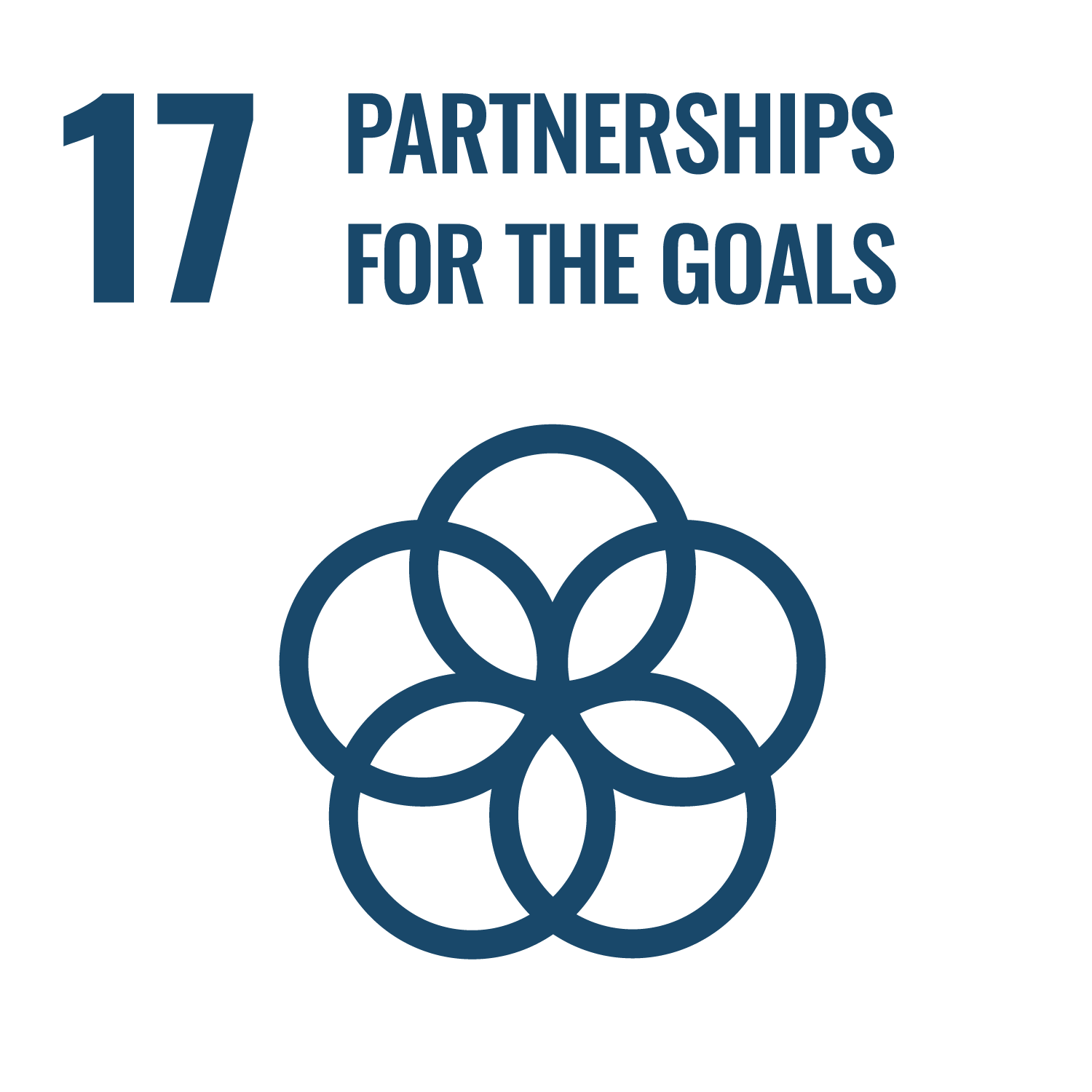

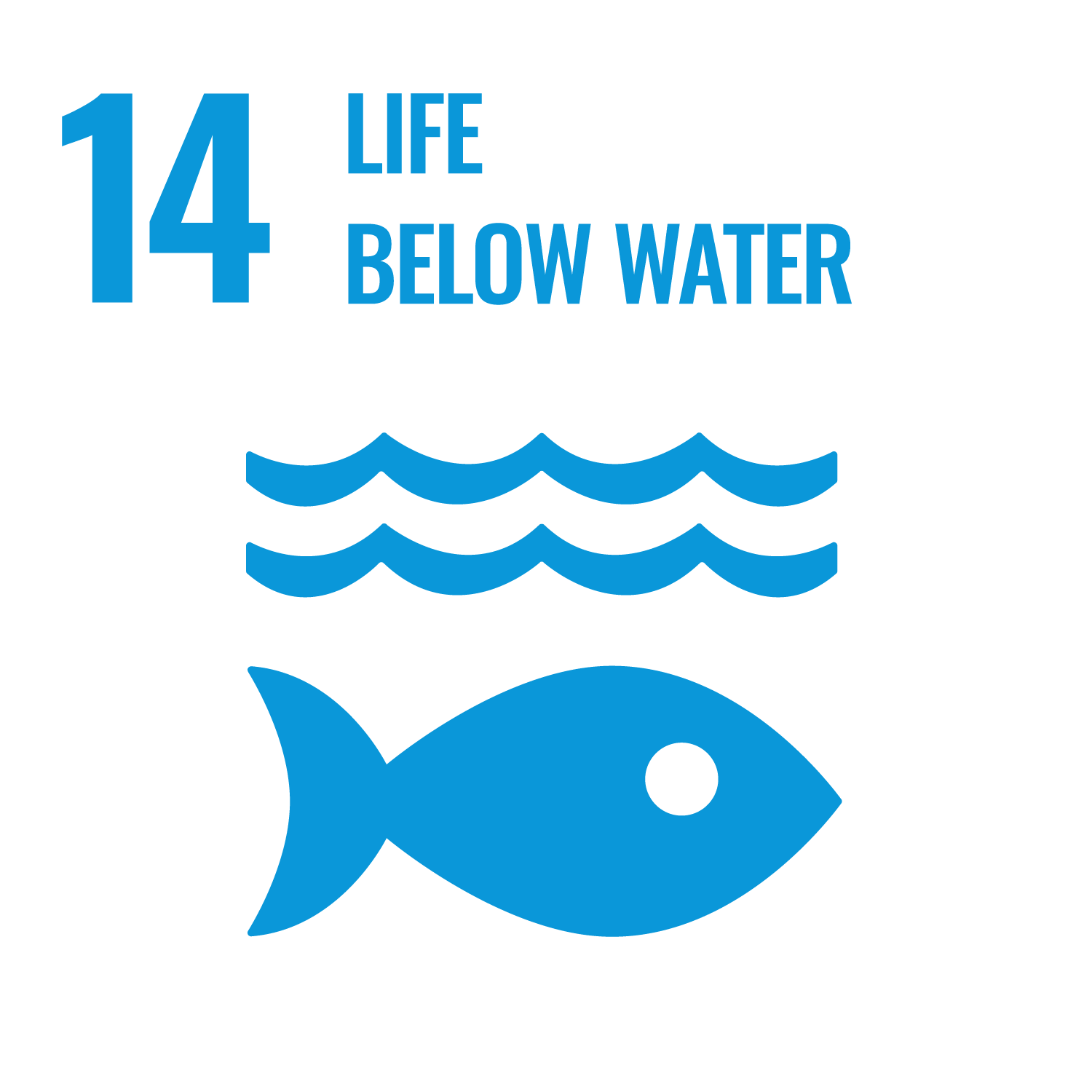
Bacterial Ecophysiology and Biotechnology, DTU-Bioengineering: We increase scientific knowledge about the use of probiotics instead of antibiotics, developing research capacity and transfer of marine technology (target 14.a).
Synthetic Biology Tools for Yeast, DTU-Biosustain: Target 14.7 on sustainable management of aquacultures is addressed in our EU project "COMBO". We support accurate co-cultivations with marine organisms and yeast and bacteria aiming at marine production.
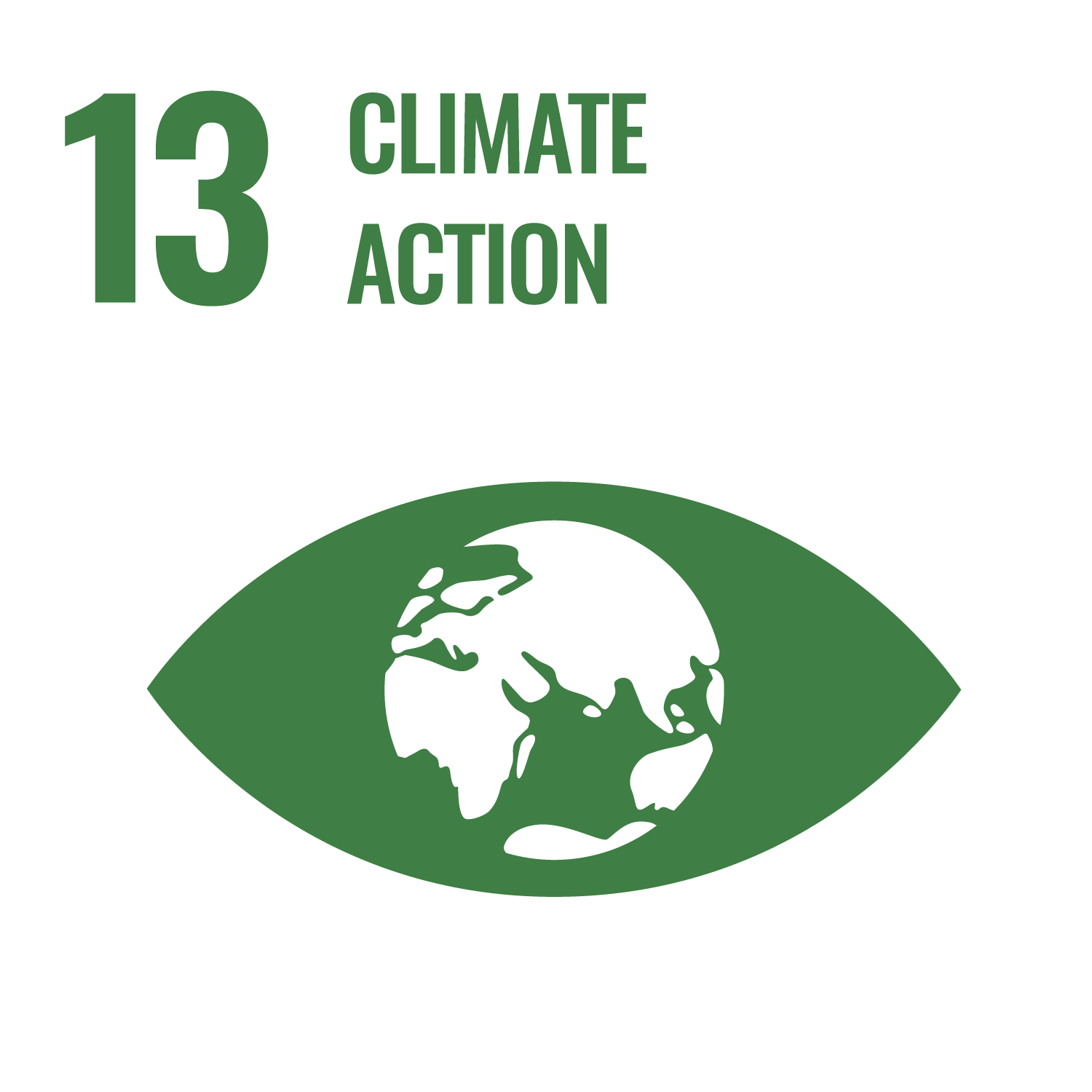
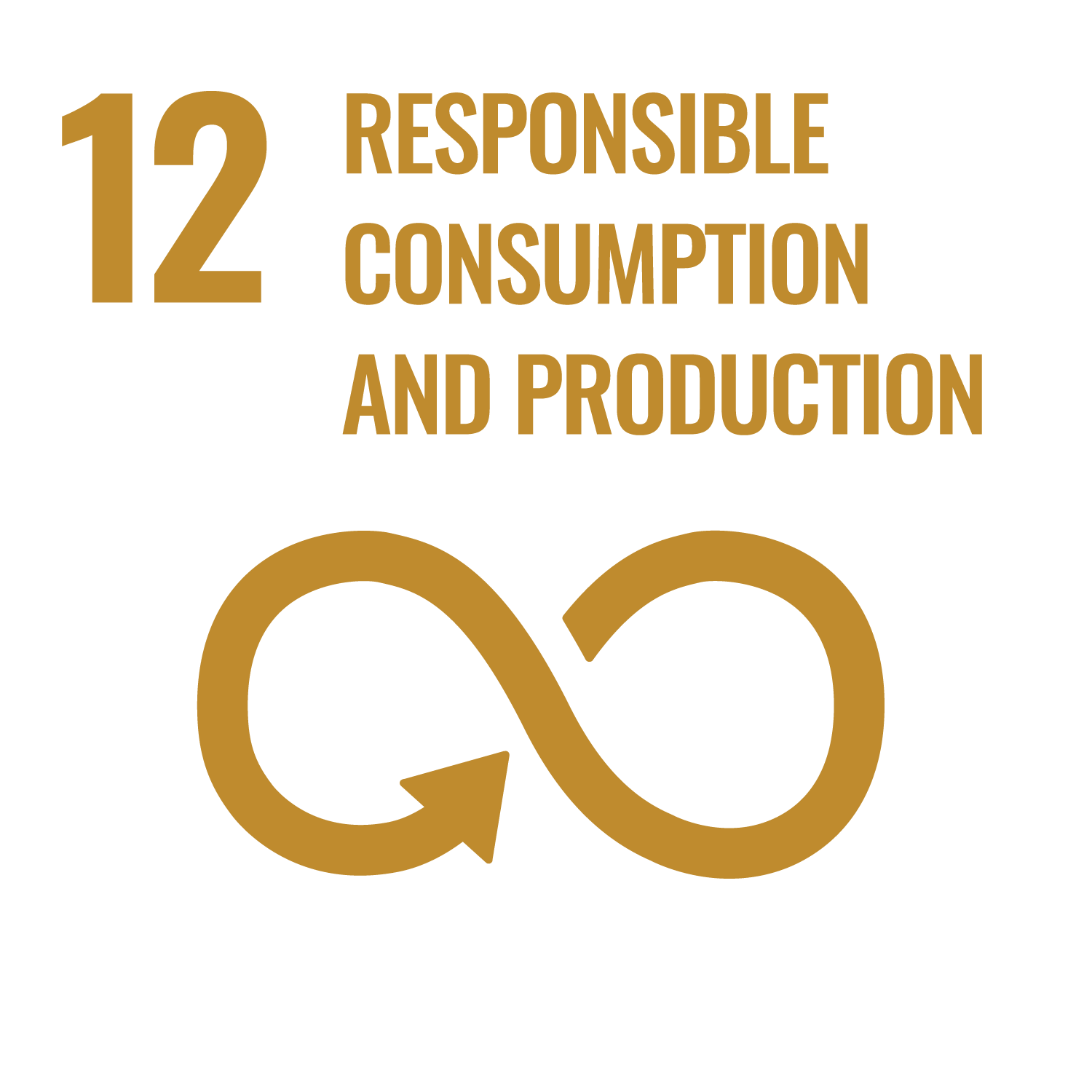
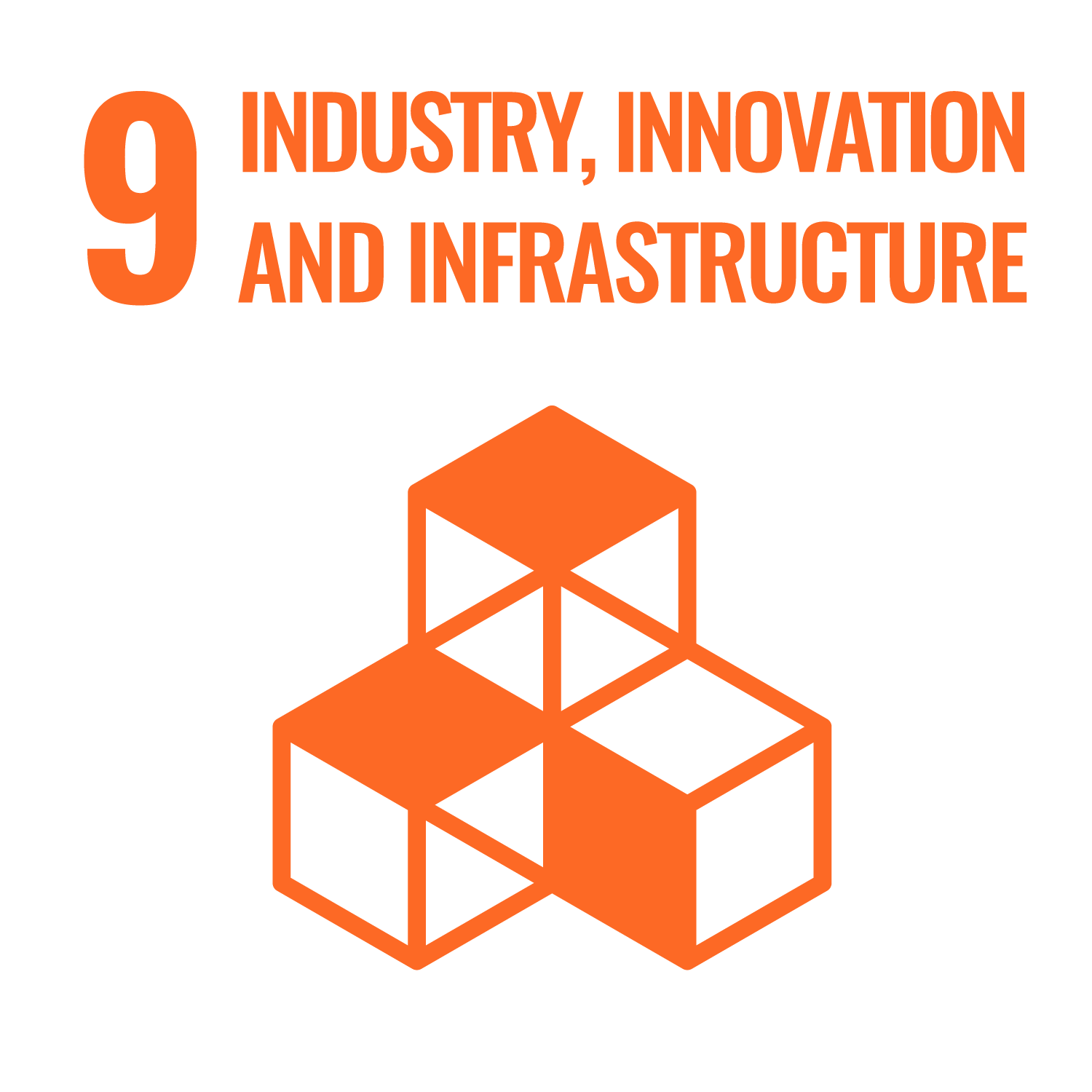

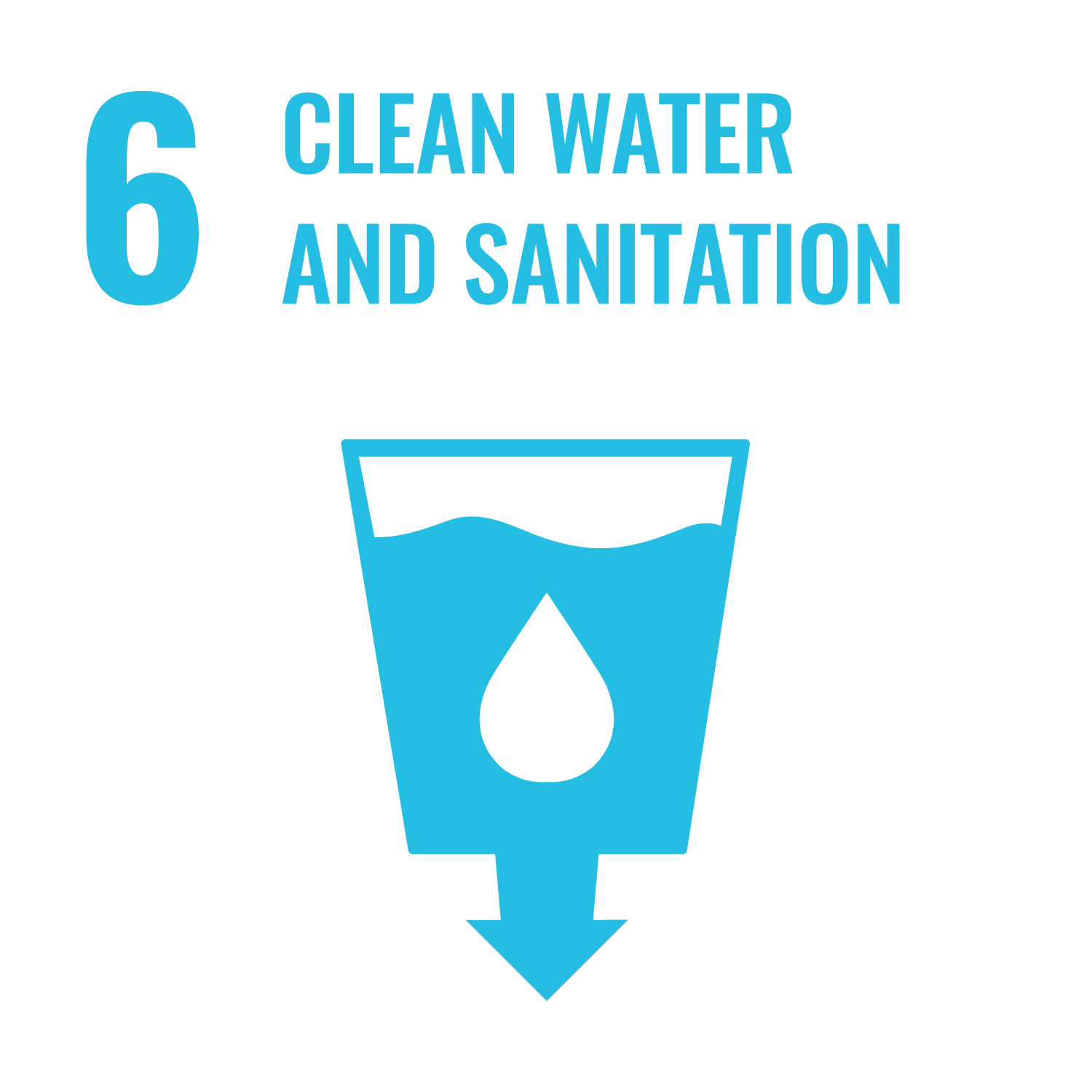
Sustainable Food Innovation, DTU-Biosustain: We work towards optimisation of our water resources by water through the use of more traditional fermentation processes and culinary techniques (target 6.4).
Bacterial Ecophysiology and Biotechnology, DTU-Bioengineering: We work towards protection and restoration of our water resources by limiting antibiotic effluent through the use of probiotics in aquaculture (target 6.6).

Sustainable Food Innovation, DTU-Biosustain: We work towards gender equality by making it a conscious criteria when hiring, as well as making space for non-binary and genderqueer folks.
Bacterial Ecophysiology and Biotechnology, DTU-Bioengineering: We actively ensure a 1:1 male to female ration within our laboratory at all carrier stages.
Synthetic Biology Tools for Yeast, DTU-Biosustain: We actively ensure a 1:1 male to female ration within our laboratory.
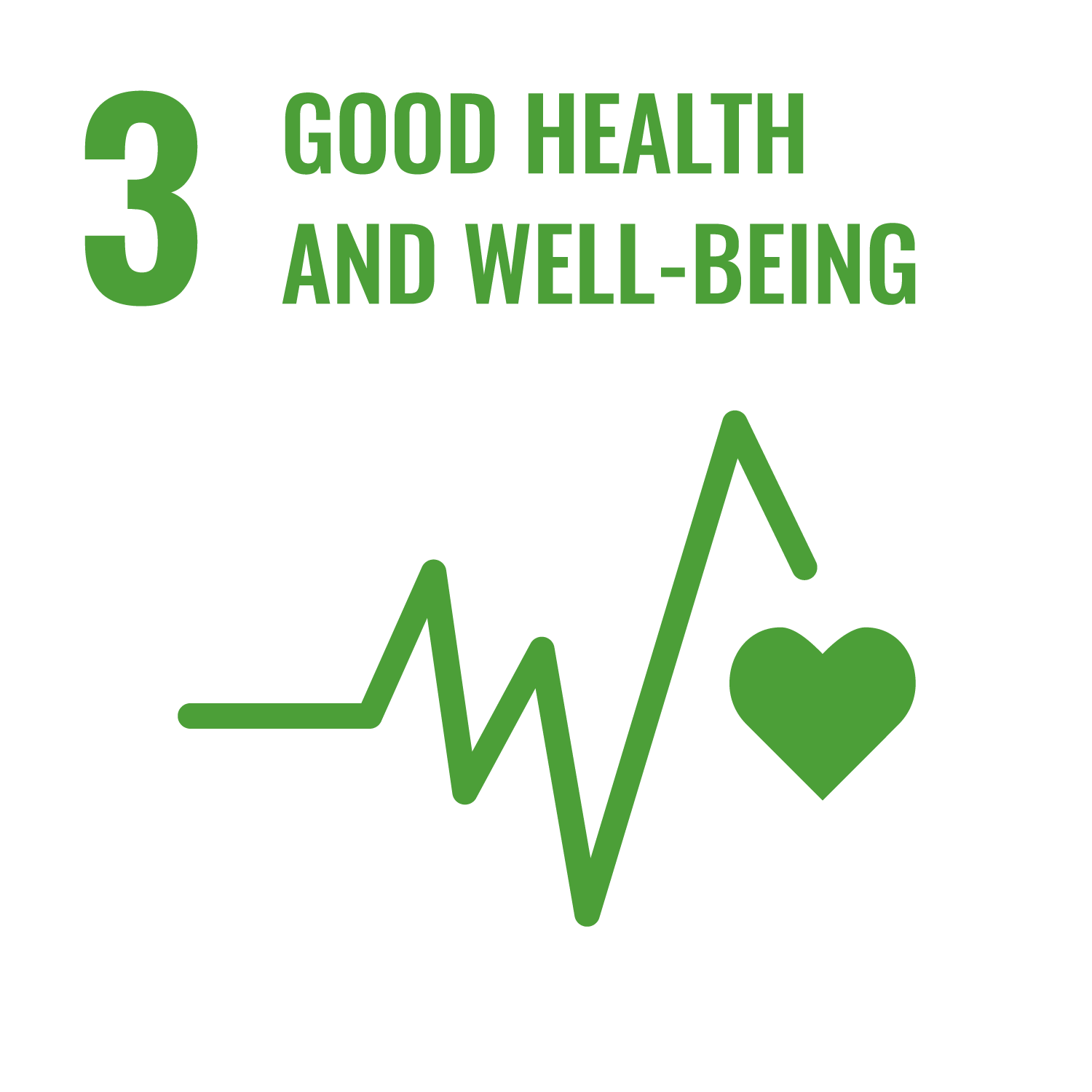
Gut, Microbes and Health, DTU-FOOD: We work towards prevention and treatment of non-communicable diseases in order to reduce premature mortality from them by targeting the microbiota to prevent, reduce toxic effects of, and alleviate inflammatory and metabolic diseases (target 3.4). We further identify microorganisms than can target the virulence of pathogenic streptococci (target 3.b).
Bacterial Ecophysiology and Biotechnology, DTU-Bioengineering: Through the work performed at the Center for microbial secondary metabolites we aim to discover new antibiotics (target 3.d).
Nanomaterial and Nanobiosensors, DTU- Health Tech. We work toward producing affordable medicines and heal care or all as biosynthetic protein nanoparticles are an affordable gene therapy drug (target 3.8)
Infection Microbiology, DTU-Biosustain. We work with a laboratory human infection model, which is much more relevant than standard laboratory tests as well as animal models, to understand and fight antibiotic resistance. We are currently testing the efficacy of nano body antibiotics in our human infection model (targest 3.b and 3.d)
Natural Products Genome Mining, DTU Biosustain: We use our bioactives identification and screening technologies in order to find natural products as replacements for highly detrimental agrichemicals. (target 3.9). We also develop computational and metabolic engineering strategies to screen and utilize microorganisms for the production of antimicrobial compounds with potential of becoming future antibiotics to treat bacterial and fungal infections (target 3.d)

